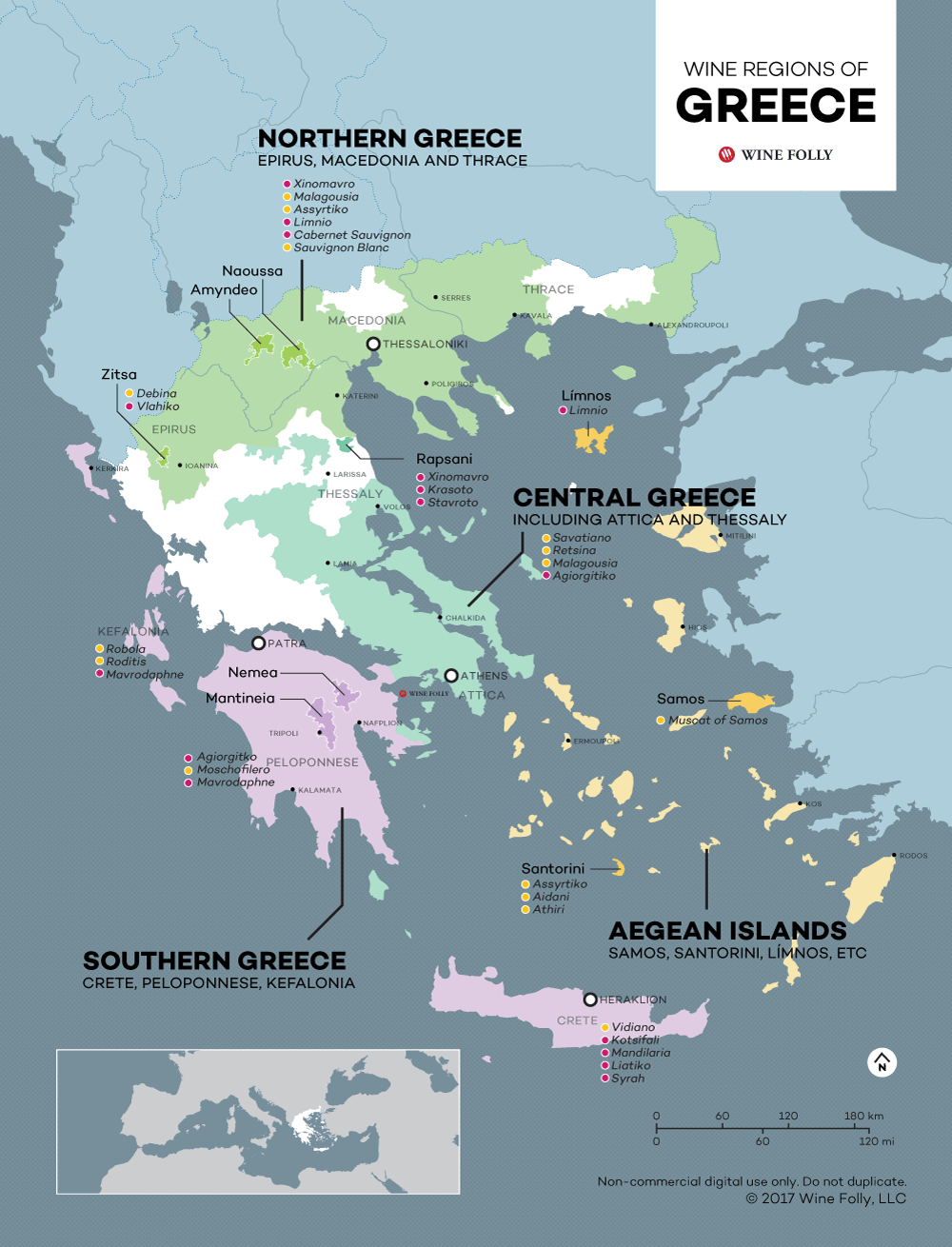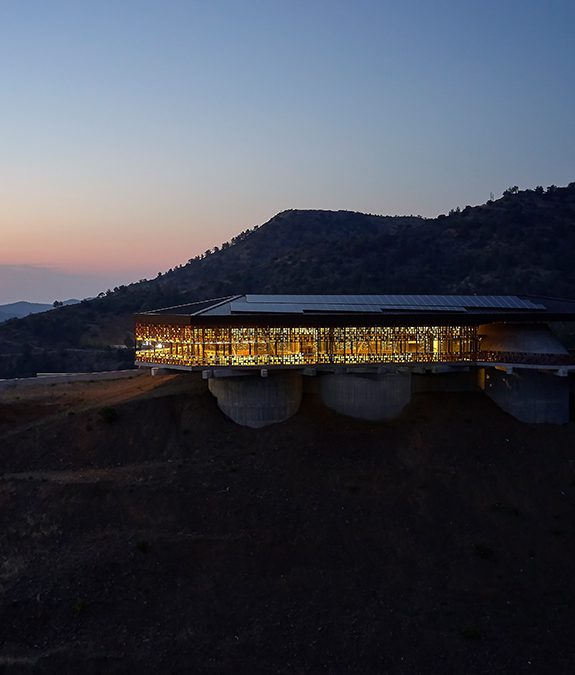THE WORLD OF WINE: GREECE AND CYPRUS
30/05/2024
The art of winemaking in Greece and Cyprus is as ancient as their civilisations. Both regions have been producing wine for thousands of years, with archaeological evidence suggesting that viticulture in Greece dates back to around 4500 BC. Cyprus also boasts some very old wine artifacts of its own, with the discovery in the 1930s of ceramic wine jars (amphorae) from the Bronze Age, approximately 3500 BC.
Greek wine was celebrated in ancient literature and mythology, often associated with Dionysus, the god of wine. (Other subjects that fell under Dionysus’ remit included orchards and fruit, festivity, insanity, ritual madness, religious and theatre – he sounds like a fun guy.) The influence of Greek colonisation spread viticulture far across the Mediterranean, leaving a lasting legacy. Similarly, Cyprus's strategic location made it a key player in ancient trade routes, exporting its celebrated Commandaria wine - an amber-coloured sweet dessert wine made from sun-dried grapes - to Europe and beyond.
In terms of geography and climate, they’re both producers of island wines – currently fairly trendy, especially considering the millennia they’ve been around for. Greece has a very diverse topography, with its numerous aforementioned islands, a mountainous mainland, and an extensive coastline, which creates a variety of microclimates suitable for grape growing. From the volcanic soils of Santorini to the fertile plains of Macedonia, each of these regions imparts unique characteristics to its wines.
Cyprus is the third-largest island in the Mediterranean and features a mix of coastal and mountainous terrains. The Troodos Mountains, with their high altitude and cooler temperatures, provide ideal conditions for growing high-quality grapes. The island's Mediterranean climate, characterised by hot, dry summers and mild winters, further enhances the ripening process, producing grapes with intense flavours and balanced acidity.
Both of these countries are perfect for adventurous wine lovers, with countless indigenous grape varieties to explore and discover. Greece alone is home to over 300 indigenous grapes, each of which contributes to the country’s viticultural tapestry. Some notable grapes that you may come across are:
• Assyrtiko, a white grape from Santorini known for its high acidity and minerality,
• Agiorgitiko, a red grape from Nemea, celebrated for its deep colour and rich, fruit-forward profile.
• Xinomavro, from the northern regions, produces robust reds with aging potential, often compared to Nebbiolo or maybe Pinot Noir.
• Malagousia - a versatile and aromatic white grape known for its expressive notes of peach, citrus, and floral blossoms, revitalized from near extinction to become a favorite among modern winemakers.
Greek winemaking practices often emphasise minimal intervention, allowing the terroir of each region to shine through. Traditional methods, such as fermenting wines in clay amphorae and then aging them in underground cellars, are still employed alongside modern techniques.
Cyprus has its own array of indigenous grapes too, with (the absolutely wonderfully-named!) Xynisteri and Mavro being the most prominent. Xynisteri produces fresh, aromatic white wines, while Mavro is often used in the production of the island’s famous sweet wine, Commandaria. Maratheftiko, a red grape, is gaining some recognition for its potential to produce complex and structured wines.
The Cypriot tradition of sun-drying grapes to concentrate sugars, particularly for Commandaria, is a testament to the island's unique winemaking heritage. This method, combined with more modern viticulture practices, has positioned Cyprus as a producer of high-quality, distinctive wines.
Wine in both Greece and Cyprus is deeply embedded in the cultural fabric of their societies. It plays a central role in religious ceremonies, festive celebrations, as well as daily life. The tradition of krasopoula in Greece is one where wine is shared among friends in small, informal gatherings, and Cypriots have a custom of offering wine to guests as a sign of hospitality.
Today it is very fair to say that Greece and Cyprus are experiencing a wine renaissance, with Greece currently enjoying a higher profile. With a focus on quality and sustainability, winemakers are blending traditional practices with modern technology to craft wines that appeal to local and international markets. The rise of boutique wineries and the increasing recognition of their indigenous grape varieties have put these regions on the global wine map and they are very worth your time getting into.

